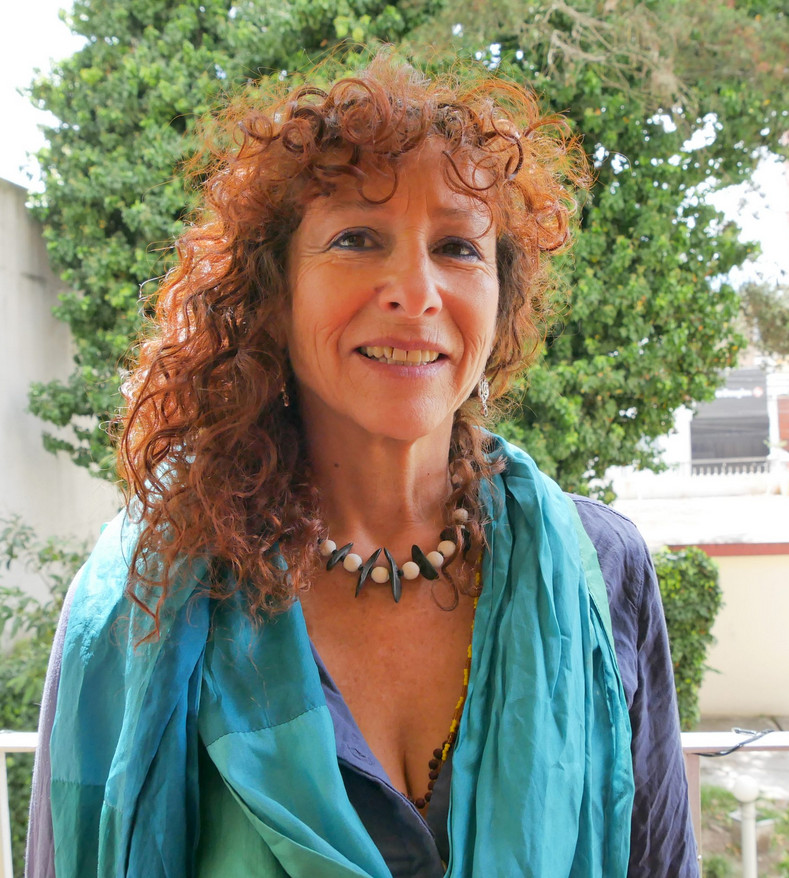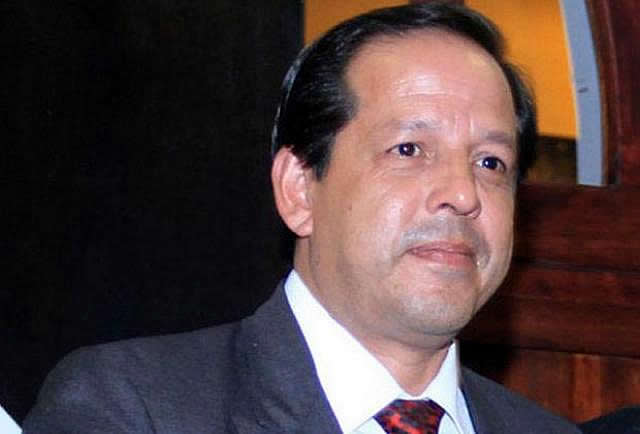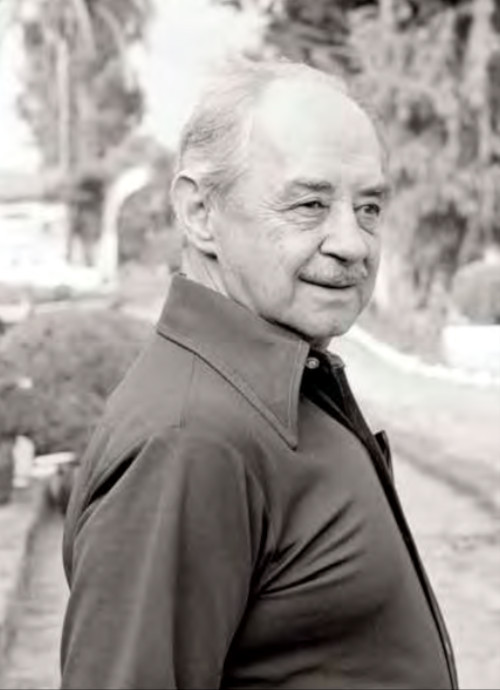María Eugenia Paz y Miño (Quito, Ecuador, 1959) is an Ecuadorian writer and anthropologist known for her contributions to literature and cultural studies. She has published notable works across various genres, including the acclaimed novel La puerta del Ilaló (2008) and the political thriller Que no quede huella (2020). Paz y Miño’s writing often intertwines her anthropological background with her literary pursuits, exploring themes of culture, politics, and human relationships. She has received several prestigious awards, such as the Rumiñahui de Oro and the Fondo Editorial del Ministerio de Cultura del Ecuador.
Early Life and Education
María Eugenia Paz y Miño was born in Quito, Ecuador, in 1959. From a young age, she exhibited a strong inclination towards storytelling, often sharing her self-written tales with her friends. This early passion for writing laid the foundation for her lifelong literary career. She pursued higher education in anthropology, a field that significantly influenced her writing by offering her insights into various cultures and human behaviors.
Literary Career
Paz y Miño’s literary journey began in 1980 with the publication of her first collection of short stories, Siempre nunca. This was followed by several other works, including Golpe a golpe (1986), El uso de la nada (1992), and Tras la niebla (1997). Her novels, especially La puerta del Ilaló (2008), achieved notable success, with the first edition selling 10,000 copies. La puerta del Ilaló was reissued in 2012 in Argentina, cementing her reputation as a significant figure in Ecuadorian literature.
Her works often reflect her anthropological background, blending cultural themes, existential reflections, and universal human experiences. Paz y Miño is known for her ironic and multidimensional characters who navigate complex realities filled with contradictions. In her own words, her characters and stories often emerge from her worldviews, experiences, and intuitive understanding of life.
In addition to short stories and novels, Paz y Miño has written essays, poetry, and biographies. She has also contributed to children’s literature, authoring more than 50 stories for Veo Veo, a children’s magazine.
Her novel Que no quede huella (2020) is a political thriller inspired by her research on the Latin American progressive movements and their impact on Ecuador. The novel is illustrated with 31 drawings and explores themes of political betrayal, power, and love, set against the backdrop of the Amazon and Andean regions of Ecuador and Colombia. In 2022, she published Una bruja en bikini / Witches Don’t Wear Bikinis, a dual-language novel that delves into themes of self-discovery and ancestral wisdom, with English translation by Rosario Gómez, Catherine Tran, and Keishsa Dumitru from the University of Guelph, Canada.
Personal Life and Writing Philosophy
María Eugenia Paz y Miño describes writing as her “spiritual path,” and she aligns her personal philosophy with the peace-promoting ideals of the hippie movement and the socio-political consciousness of the Cuban Revolution. For her, writing is a means of both personal and societal reflection. She emphasizes that while she does not deliberately write from a feminist perspective, some of her work has been recognized for its feminist undertones, such as the short story “La roca y la mujer,” included in the anthology Cuento contigo (1993).
Paz y Miño views the act of writing as fluid, where genres such as novels, short stories, poetry, and essays serve as outlets for different creative energies. She enjoys the brevity and precision of short stories, the depth of novels, the emotional immediacy of poetry, and the investigative nature of essays. Her background in anthropology informs her work, allowing her to delve into human experiences with empathy and cultural understanding.
Legacy and Recognition
Throughout her career, Paz y Miño has garnered several awards, including the prestigious Rumiñahui de Oro and the Prize from the Fondo Editorial del Ministerio de Cultura del Ecuador. Her contributions to Ecuadorian literature extend beyond fiction. She has published significant anthropological studies, such as San Biritute: lluvia, amor y fertilidad, an ethnographic work that blends storytelling with cultural analysis. She is also the first woman to write for Firmas Selectas of Prensa Latina, reflecting her status as a respected voice in Ecuadorian journalism.
Selected Works
- Siempre nunca (1980)
- Golpe a golpe (1986)
- El uso de la nada (1992)
- Tras la niebla (1997)
- La puerta del Ilaló (2008, 2012)
- El mal ejemplo y otras vainas (2012)
- Chateando con la luna (2013)
- Que no quede huella (2020)
- Una bruja en bikini / Witches Don’t Wear Bikinis (2022), dual language edition with English translation by Rosario Gómez, Catherine Tran, and Keishsa Dumitru from the University of Guelph, Canada.
Anthologies and collections she’s been included in:
- Mujeres en espejo 1: Narradoras latinoamericanas, siglo XX (1983), edited by Sara Sefchovich.
- Cuento contigo: Antología del cuento ecuatoriano (1993), edited by Cecilia Ansaldo.
- Antología de narradoras ecuatorianas (1997), edited by Cecilia Ansaldo.
- Antología básica del cuento ecuatoriano (1998), edited by Cecilia Ansaldo.
- Cuentan las mujeres: Antología de narradoras ecuatorianas (2001), edited by Cecilia Ansaldo.
- Cuentos de mujer (2004), edited by Eugenia Viteri.
- Saberes para la interculturalidad educativa y comunitaria (2024), a multidisciplinary work from the IV Congreso Internacional de Interculturalidad.
References
- Conexión Norte Sur, “María Eugenia Paz y Miño: La literatura imprescindible del Ecuador de hoy.” Retrieved on October 18, 2024. Click to view.
- Mandrágora Teatro, “María Eugenia Paz y Miño.” Retrieved on October 18, 2024. Click to view.
- Tregolam, “Entrevista a María Eugenia Paz y Miño, autora de Que no quede huella.” Retrieved on October 18, 2024. Click to view.
- Literatura Ecuatoriana, “María Eugenia Paz y Miño.” Retrieved on October 18, 2024. Click to view.
- Goodreads, “María Eugenia Paz y Miño Author Page.” Retrieved on October 18, 2024. Click to view.
- La Palabra Abierta, “Confesiones de una bruja en bikini.” Retrieved on October 18, 2024. Click to view.



